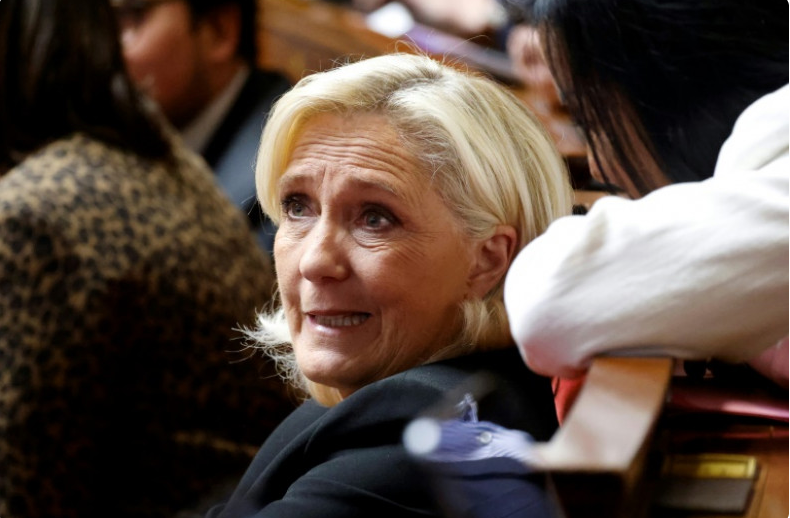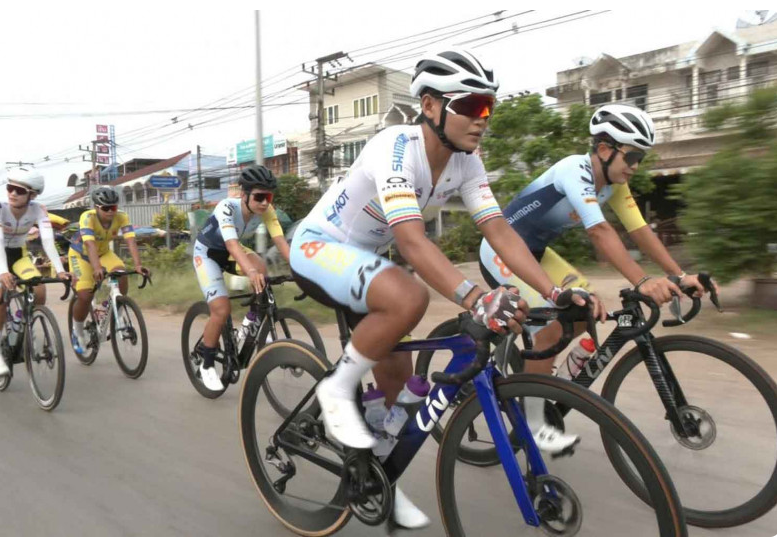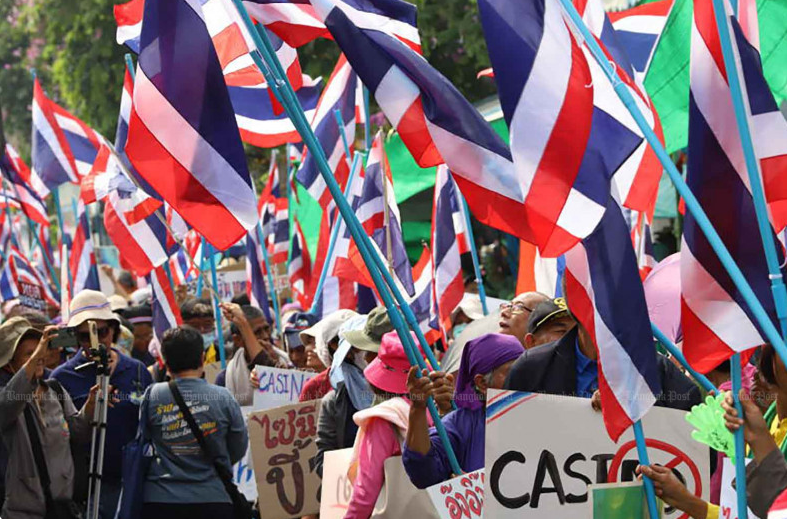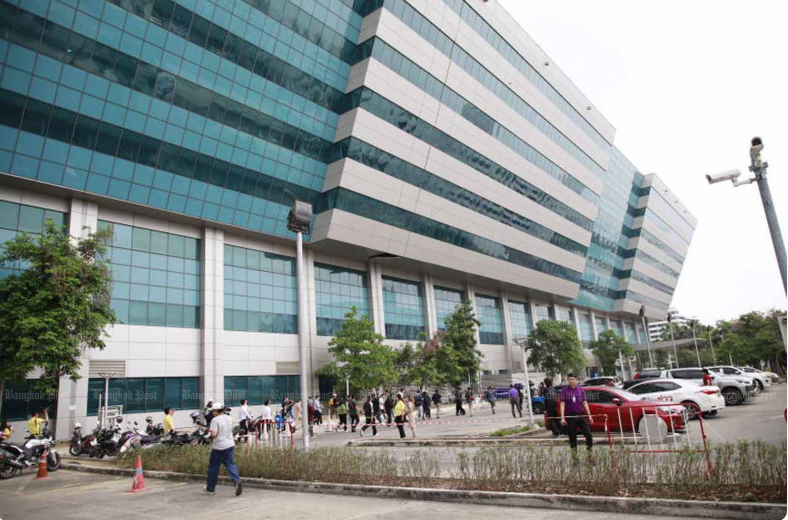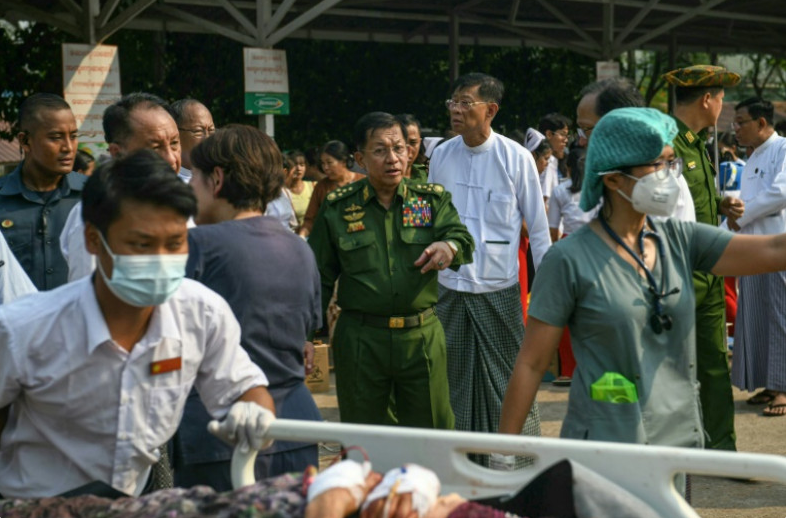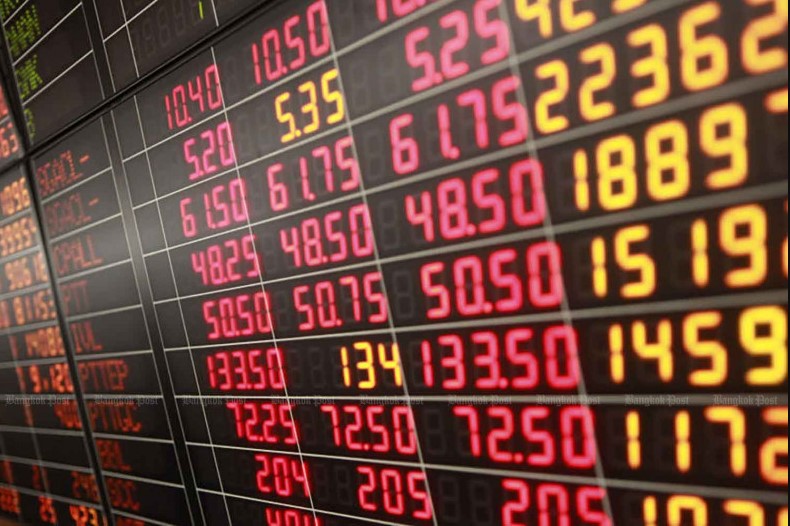SET calls on investors to adjust long-term strategy after market hit
The bourse on Wednesday said investors should adopt a long-term view as the Stock Exchange of Thailand (SET) entered a correction phase, but insisted the dividend yield remain attractive despite the downturn.
Soraphol Tulayasathien, senior executive vice-president of the SET, said the Thai bourse has entered a correction phase, with a 17.9% decline as of February’s close from the peak in this cycle.
The dividend yield is also more attractive relative to historical levels than has been the case in a long time, despite the downturn. Fundamental multipliers looked particularly cheap, with P/E ratios of 12.5-16.6 times and P/BV ratios of 1.2-1.4 times, which are well below historical averages from correction periods, he said.
This was a period where high P/E stocks underwent the most severe corrections as the market started assessing risk exposure and overvaluation.
Thai listings had the region’s least expensive valuations, due mainly to weaker-than-expected earnings from listed companies, according to Mr Soraphol. Still, the valuations of Thai stocks are still comparable on the regional markets, he said.
“Although many fundamentally strong stocks are being offered at attractive valuations, investors are required to take a long-term view. Value stocks should be accumulated by investors with strong savings for long-term investment,” Mr Soraphol said.
The Thai ESG Extra fund’s debut will likely attract new capital worth 30 billion baht to the bourse in the next two months, he said.
Key attention in the short term is on the trade war as US President Donald Trump toggles on tariff threats, pledging 20% duties on Chinese goods and 25% in Canadian and Mexican imports, to start on March 4. It also announced reciprocal tariffs against all countries that tax American exports, effective from April 2.
Thai capital market organisations, responding to an improving outlook, have already begun to implement measures, including on the initial public offering front, aimed at restoring market strength through initiatives for economic growth, mitigation of risk from protectionist policies, and new market-strengthening programmes targeting the attraction of new investment, value creation in listed companies, and strengthening corporate governance, Mr Soraphol said.
Thailand’s SET index dropped 8.4% from the month before to finish at 1,203.72 points at the end of February, tracking peers in the region, a year-to-date decline of 14%.
Foreign investors sold 6 billion baht in February, while less than in January.
Daily average trading value on the SET and Market for Alternative Investment rose 10.1% YoY to 52 billion baht (~US$1.53 billion). Local institutional investors accounted for over 10% of the total trading value for five monthly consecutive times.
Compared with the end of 2024, the sectors that outperformed the overall index over the period were finance, agriculture and food, consumer products, services and resources.
The SET was trading at 12.6 times forward P/E at the end of last month, ahead of the Asian stock market average of 12.3 times. The historical P/E ratio was 15.3 times, compared with the 14.2 times average for the Asian stock market. Dividend yield ratio of the SET was at 4.03%, far outpacing the average of 3.27% among the Asian stock markets.
Average daily trading volume on the Thailand Futures Exchange rose 24% month-on-month to 485,359 contracts. Year to date, average daily trading volume stood at 434,992 contracts, down 10%.

